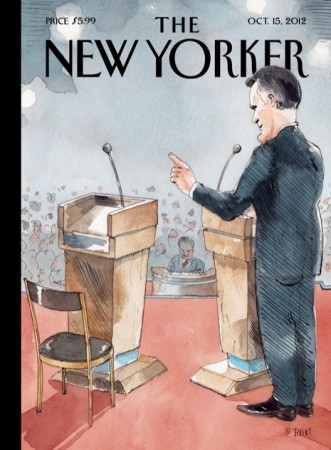A new book by a retired army general explains that we lost the Iraq and Afghanistan wars. Why ?
I have had reservations about Iraq for years, at least since 2008.
When President Bush convened a meeting of his National Security Council on May 22, 2003, his special envoy in Iraq made a statement that caught many of the participants by surprise. In a video presentation from Baghdad, L. Paul Bremer III informed the president and his aides that he was about to issue an order formally dissolving Iraq’s Army.
I think that decision probably lost the post-invasion war. The other puzzle that was not explained until the recent book, Days of Fire explained it, was why Bremer was put in place of Jay Garner, who had done well with the Kurds.
Garner began reconstruction efforts in March 2003 with plans aiming for Iraqis to hold elections within 90 days and for the U.S. to quickly pull troops out of the cities to a desert base. Talabani, a member of Jay Garner’s staff in Kuwait before the war, was consulted on several occasions to help the U.S. select a liberal Iraqi government; this would be the first liberal Government to exist in Iraq. In an interview with Time magazine, Garner stated that “as in any totalitarian regime, there were many people who needed to join the Baath Party in order to get ahead in their careers. We don’t have a problem with most of them. But we do have a problem with those who were part of the thug mechanism under Saddam. Once the U.S. identifies those in the second group, we will get rid of them.
Had Garner continued with that policy, we might have been out of the cities in a few months instead of years, as was the case with Bremer.
